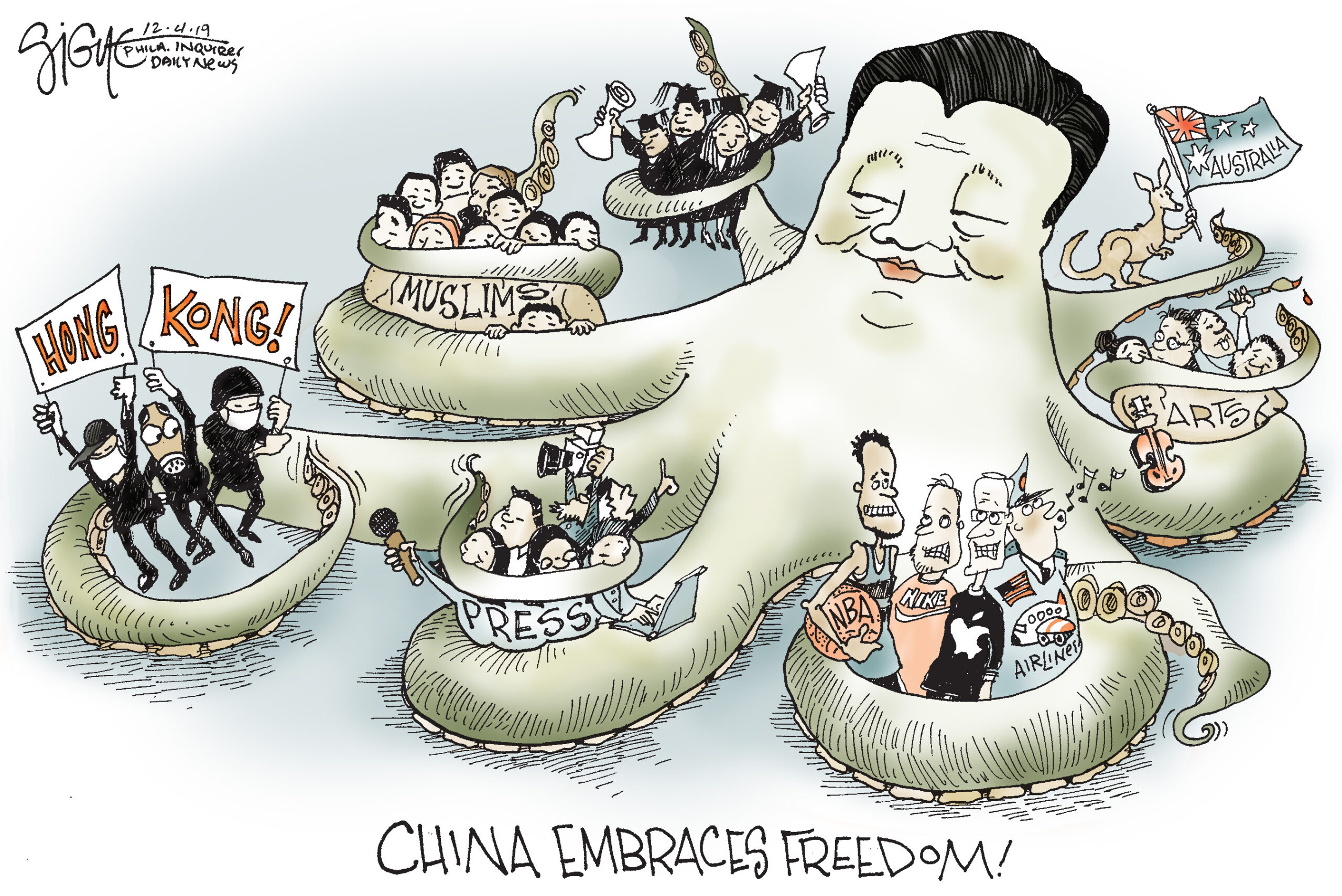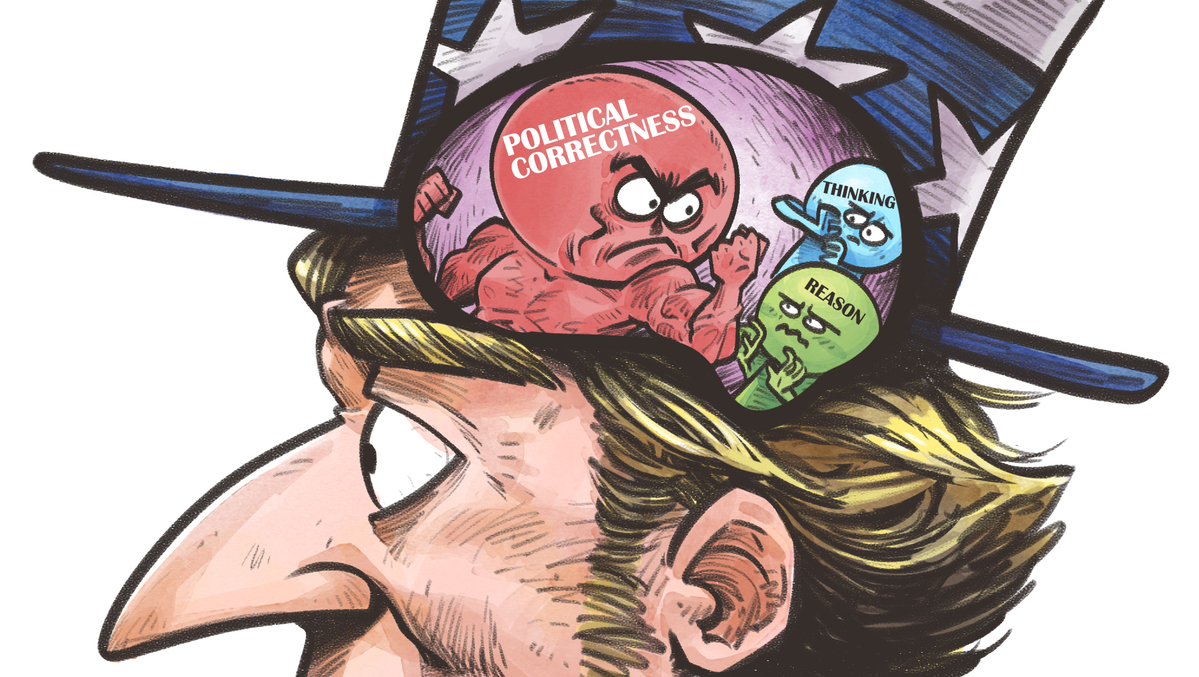By Anna Tsekani,
Political correctness appeals as a priority in cross-cultural interactions and especially among people of potentially differently charged social groups. The term “political correctness” refers to the language that aims to avoid misunderstanding and to exclude any group of people and especially external markers such as race, gender, culture, or sexual orientation who are already experiencing disadvantages and discrimination.
Political correctness and the content of the term have been discussed and criticized over the passage of years. The term was an attempt against offensive driven by the fact that altering language usage can influence and change the public’s perception and beliefs, as well as influence outcomes. None though can dispute the fact that political correctness can appeal as a double-edged sword. It is believed that it was an attempt to stop legitimate attempts, of hate speech, and also to minimize exclusionary speech practices. The most vital argument against political correctness is that it deprives freedom of speech.
The phenomenon in China takes through different dimensions. Taking into consideration the narrative glosses over the history of China, including not only the cruelty of Mao’s revolution, the starving of millions during Mao’s Great Leap Forward, and the madness of his decade-long Cultural Revolution, but also the 1989 crackdown on protesters in Tiananmen Square, the protest and its aftermath mentioned, we can easily highlight that political violence can be rooted in China since time immemorial.

Despite the fact that China is a rapidly grown country not only regarding its economy and its trading relations but also the general overview, the country could not be characterized as an open-minded one. The rise of the internet and China’s opening created expectations for substantial and comprehensive modernization, combined with widen views. However, the reality has shown us that no such expectations have been realized. Not only the competent party is narrowing people and even more social in general, but also education has been, over the past years, focused only in China.
Most of the time, political correctness violates crucial human rights, such as freedom of speech. Though the situation in China is shaped differently: not only minority and vulnerable groups of people are affected by political correctness but the whole society in general. Whether the discrimination comes from racism, homophobia, sexism, or transphobia, the bottom line remains the same, our actions affect people and have an impact on them. Political correctness appeals as a great opportunity for the protection of every vulnerable group or minority group. However, political correctness should not protect and promote the political interests of the governments of the day. This is a fact that describes the situation in China.
The restoration of ideological orthodoxy in China not only led to minimizing the political correctness as a phenomenon, but on the other hand has stimulated the rise of various forms of political correctness, as a way of setting boundaries and limitations on thought and information, and at the same time controlling the dominance of one-sided publicity. The fanaticism of nationalism and personality cult is being stoked. Not only political correctness holds the reins of the society, but also many topics in China are characterized by the proliferation of “too sensitive for discussion” and are combined with various taboos.
A small exploration of Chinese political news can prove the great influence of political correctness which has shaped and reshaped the political background over and over. President Xi Jinping’s speeches and party documents are a great example of the propaganda of political correctness in China. “Political correctness” or “political awareness”, are typical expressions used in the context of everything from party discipline and leadership selection, to military reform, state-owned enterprise reform, university education, the media, and public participation. In some cases, political correctness might be also totally integrated with political awareness.

The most interesting aspect is that China’s policies and political direction are internally focused on discipline and especially political discipline. On top of that, “groundless criticism” should be avoided at all costs from Party members as far as the Party’s major policies are concerned, highlighting in this way that loyalty to the Party is the most important political discipline.
Political correctness is so deeply rooted in China’s politics that it turns out also in the educational system. Through political correctness, the government is trying to create an increasingly robust safety net for humankind. Based on that higher education propaganda appeals as the key to the establishment of several political positions and most important socialism with Chinese characteristics and on top of that the “China Dream”. The intent of education is to narrow the distance between young people and the government and to be informed about the political situation in China, which is successful through lectures or special learning sessions focused on political correctness. An “always following the Party” campaign will be the key to a successful educational system.
In the wake of it, the Ministry of Education issued official documents to leverage social media as innovative approaches to patriotism education. Patriotic spirit is to be integral in curriculums through elementary school, high school, and university.
The ongoing political correctness campaign is circumstantial evidence of the centralization of power over political, economic, military, educational, and cultural policies. Political correctness is not yet only an isolated phenomenon, is the baseline of China’s society, on the way to achieving the “China dream”. In the wake of “political correctness” or “political awareness”, people’s mindsets are becoming narrower and narrower, common sense and rationality are ebbing away and at the same time depends on the blind hand of fortune on how political correctness will shape Chinese foreign policy.
References
- China’s Ongoing “Political Correctness” Campaign, theDiplomat.com, Available here
- The curse of political correctness in China and the US, thinkChina.sg, Available here




